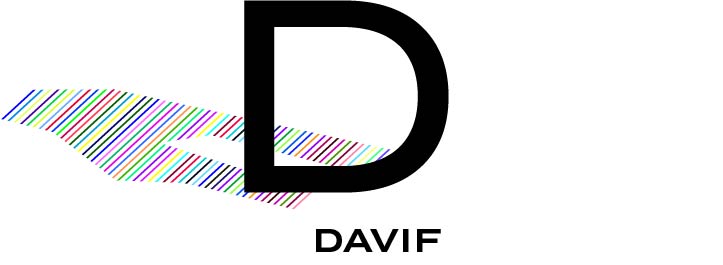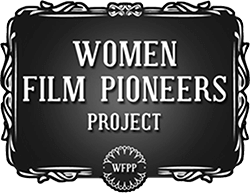Aesthetics of Access. Visualizing Research Data on Women in Film History (DAVIF)
Led by Dr. Sarah-Mai Dang (Philipps-Universität Marburg, Germany), the Aesthetics of Access. Visualizing Research Data on Women in Film History (DAVIF) is a research group funded by the German Federal Ministry of Education and Research (BMBF) (April 2021–March 2025).
Summary
The discursive formation of knowledge has been a central concern of feminism since its inception. In the field of film history, the question of how to reconstruct the past while taking into account the contingent and transformative nature of history has become equally important for scholars and filmmakers. The increasing digitalization alters our understanding of film history and the way we do film history. New technologies transform the objects of research as well as scholarly media practices. In this context, data-driven research is gaining rapidly in significance. Considering the impact of digitalization in academia and the potentials of new technologies, the question arises: How to facilitate access to historical research in a sufficient, sustainable manner? On this account, the research group seeks to explore the aesthetics of access in light of the growing production and application of data in the era of digitalization with the focus on graphics, data essays, and web documentaries. The goal is to identify the epistemic conditions of film historiography with respect to research data management and the digital re/presentation of women’s activities in early cinema. What can be known, why, and how? How does the way we implement and use data in film historiography shape our knowledge about the past?
One of the biggest challenges for film and media historians today is not only to preserve artifacts in a sustainable manner but also to make historical records accessible, hence discoverable and comprehensible by scholars and the broader public – in addition to research itself. In this sense, open access does not mean only facilitating free access to research literature and artifacts but also allowing for creative re-use, as well as disseminating and communicating research in order to expand our knowledge. The project makes the case that the objective of feminist historians to tell a story differently rather than telling a different story is yet to be achieved.
In response to the issues of aesthetics and access, the objective of the research project is twofold: it seeks to investigate current forms of data-driven presentations and, furthermore, explore and foster creative use of historical research data. It will approach the subject both from a theoretical and practical perspective. In addition to theoretical case studies, it is intended to create and explore data visualizations which facilitate access to aggregated research data on women’s impact on early cinema. Primarily situated in the field of film and media studies, the research group will also draw on concepts and methods of history, library and archival studies, information science, science and technology studies, and critical data science. Thus, the project combines a transdisciplinary discourse analysis with an artistic research approach, which allows for practice-based research experiments in the emerging field of digital film historiography. It aims to contribute to a fruitful debate on digital tools and methods in the context of film and media studies and to take the discourse on research data management and open science in the humanities to the next level. Ideally, the research project will serve as best-practice approach providing a guideline for further initiatives to make use of existing research and develop collaborative open data projects in the field of film history.
See also: The Women Film Pioneers Explorer & Visualizations of Early Female Filmmakers Careers in Germany


